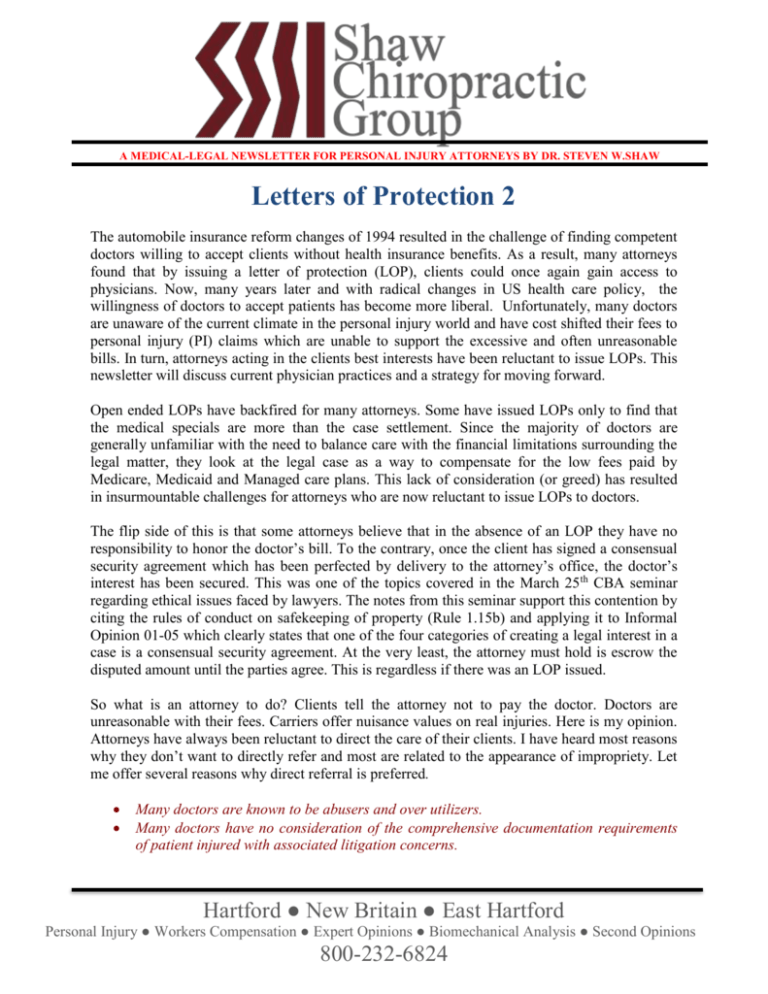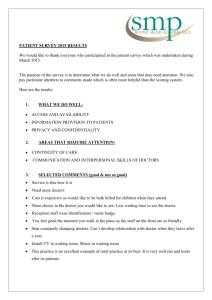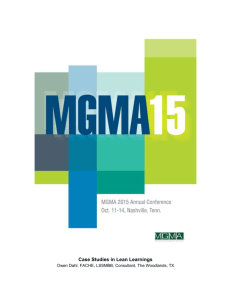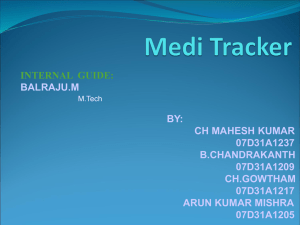Doc - Shaw Chiropractic
advertisement

A MEDICAL-LEGAL NEWSLETTER FOR PERSONAL INJURY ATTORNEYS BY DR. STEVEN W.SHAW Letters of Protection 2 The automobile insurance reform changes of 1994 resulted in the challenge of finding competent doctors willing to accept clients without health insurance benefits. As a result, many attorneys found that by issuing a letter of protection (LOP), clients could once again gain access to physicians. Now, many years later and with radical changes in US health care policy, the willingness of doctors to accept patients has become more liberal. Unfortunately, many doctors are unaware of the current climate in the personal injury world and have cost shifted their fees to personal injury (PI) claims which are unable to support the excessive and often unreasonable bills. In turn, attorneys acting in the clients best interests have been reluctant to issue LOPs. This newsletter will discuss current physician practices and a strategy for moving forward. Open ended LOPs have backfired for many attorneys. Some have issued LOPs only to find that the medical specials are more than the case settlement. Since the majority of doctors are generally unfamiliar with the need to balance care with the financial limitations surrounding the legal matter, they look at the legal case as a way to compensate for the low fees paid by Medicare, Medicaid and Managed care plans. This lack of consideration (or greed) has resulted in insurmountable challenges for attorneys who are now reluctant to issue LOPs to doctors. The flip side of this is that some attorneys believe that in the absence of an LOP they have no responsibility to honor the doctor’s bill. To the contrary, once the client has signed a consensual security agreement which has been perfected by delivery to the attorney’s office, the doctor’s interest has been secured. This was one of the topics covered in the March 25 th CBA seminar regarding ethical issues faced by lawyers. The notes from this seminar support this contention by citing the rules of conduct on safekeeping of property (Rule 1.15b) and applying it to Informal Opinion 01-05 which clearly states that one of the four categories of creating a legal interest in a case is a consensual security agreement. At the very least, the attorney must hold is escrow the disputed amount until the parties agree. This is regardless if there was an LOP issued. So what is an attorney to do? Clients tell the attorney not to pay the doctor. Doctors are unreasonable with their fees. Carriers offer nuisance values on real injuries. Here is my opinion. Attorneys have always been reluctant to direct the care of their clients. I have heard most reasons why they don’t want to directly refer and most are related to the appearance of impropriety. Let me offer several reasons why direct referral is preferred. Many doctors are known to be abusers and over utilizers. Many doctors have no consideration of the comprehensive documentation requirements of patient injured with associated litigation concerns. Hartford ● New Britain ● East Hartford Personal Injury ● Workers Compensation ● Expert Opinions ● Biomechanical Analysis ● Second Opinions 800-232-6824 A MEDICAL-LEGAL NEWSLETTER FOR PERSONAL INJURY ATTORNEYS BY DR. STEVEN W.SHAW Many doctors have no appreciation for the need to be reasonable when cases settle for values unable to support the outstanding medical bills.. Many doctors have a reputation of being less than competent physicians and/or do not have the documentation skills necessary to communicate the injury severity. Many physicians are unwilling to testify should a case go to arbitration or trial. Many doctors are unable to effectively communicate in writing or verbally. Many doctors keep sloppy or illogical office notes and records. Consider all these reasons why you should offer your client a choice of physicians and compare them to the concerns surrounding directing care. Allow me to offer my experience by stating that whether you help your client get the best care or not, the carrier and jury already believe you did. You have a responsibility to best represent your client. Part of that responsibility is making sure they are properly attended to medically. Who’s Responsible for the Bill? The CT Chiropractic Association’s Insurance Committee noted some confusion regarding protocols for auto insurance coverage. They issued the following broad protocol for consideration of it’s members. If a patient has Med Pay, then it is primary and the private health insurance is secondary If no Med Pay exists, then private health insurance is primary. If neither Med Pay or private health insurance exist, the DC can choose to use another form of protection such as an LOP. They go on to explain that the patient cannot waive Med Pay. If the DC is a panel member of the patients managed care plan, the DC must bill the plan regardless of the patient’s wishes and the DC MAY NOT balance bill. To make this clear, the doctor must first bill Med Pay followed by the private health carrier. If the doctor is a contracted panel member he must accept the carrier’s payment schedule. If not, he can balance bill the patient or have his fees protected by the lawyer. This is done by means of an LOP or consensual security agreement. Hartford ● New Britain ● East Hartford Personal Injury ● Workers Compensation ● Expert Opinions ● Biomechanical Analysis ● Second Opinions 800-232-6824






